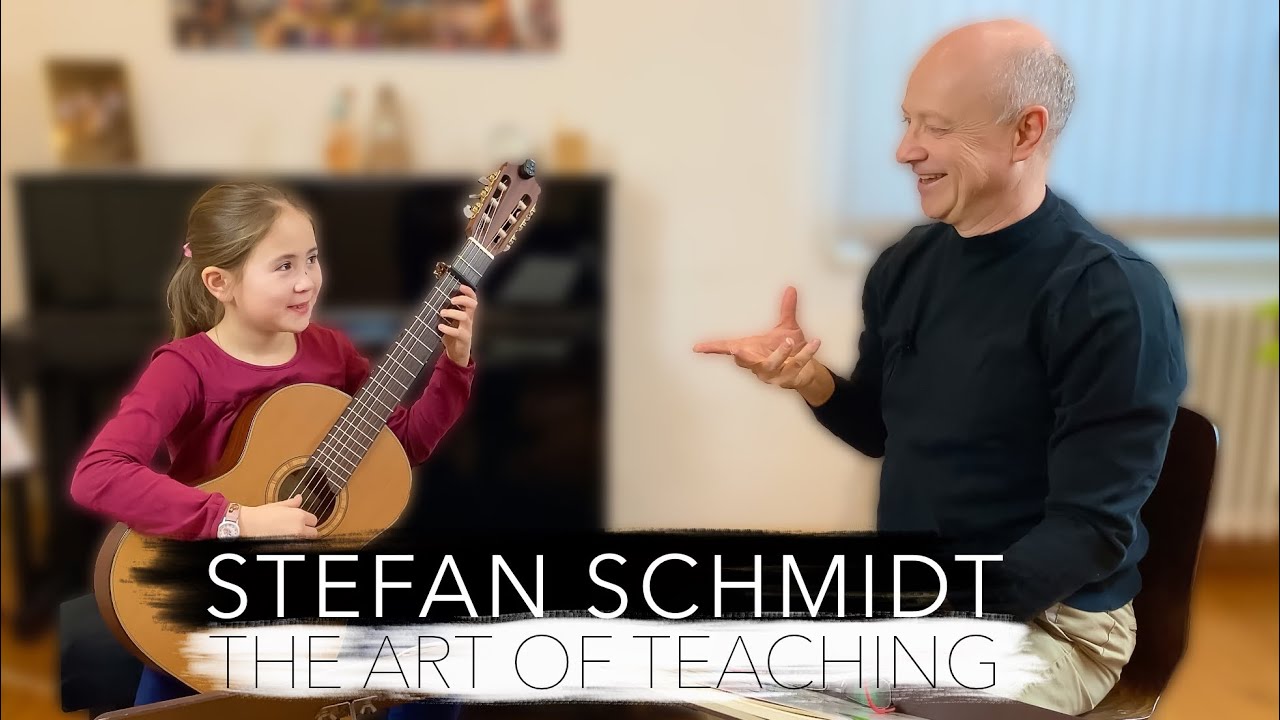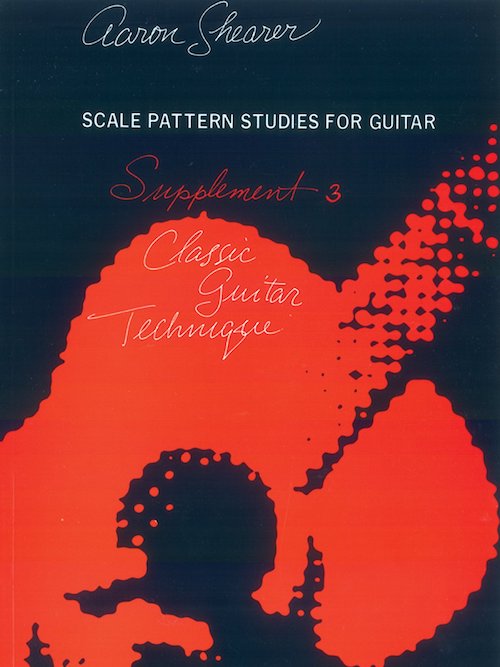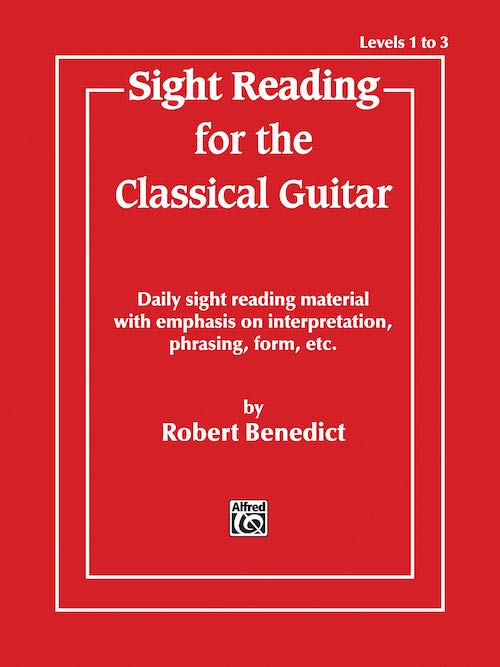Check out this nice little article about learning and listening via The Strad. Here’s an excerpt:
Inspiration can be sought elsewhere, from listening to others make music. But concerts, in the standard classical format which I habitually attend, are not geared towards nine-year-olds. DVDs and books with CDs fill the shelves with well-meant intentions: here’s a nice story about Beethoven and a funny picture – now listen to the Fifth Symphony. But reading and looking aren’t listening. Multimedia content and performances have eroded our abilities to just listen, and the opportunities to do so become ever rarer. Discussing the futility of a private language, Ludwig Wittgenstein observed how no one can feel your pain, and listening is in the same position: no one can hear you listen.
Learning to listen is learning to care. Scales and arpeggios are the daily diet of musicians great and lowly because it is comparatively easy to hear when they go well, and what to do when they don’t. This tuning of the ear can take time and might take more time now than it used to, when listening was more of a habit. When learning an instrument, we’ll always care more about getting right those pieces we’re drawn to. ‘Don’t force it,’ my father would say. He was referring to doors and hatches, bottles and lids, but the principle applies to music. I might want to listen to my son do Purcell’s Hornpipe, but if he wants to play March of the Stegosaurus instead, then Purcell can wait.
READ THE FULL ARTICLE via Young students must learn to listen if they are to practise effectively | The Strad.
What are your thoughts on this?




